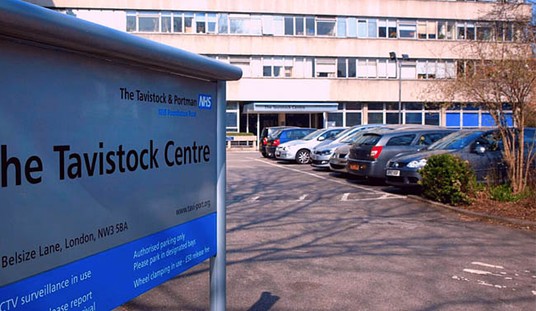When I first reviewed the headlines from the Washington Post this morning, I found one that sounded quite promising: In Honduras, One-Sided News of Crisis. I assumed that the Post had taken heed of criticism of American media coverage at Accuracy in Media, Fausta Wertz’s eponymous blog, and other resources about the lack of any reporting on the constitutional violations of deposed president Manuel Zelaya and his naked power grab before his arrest. Instead, the Post delivers a scathing criticism of Honduras’ media (and the “de facto regime”) without a hint of the agenda of our own:
It was the biggest story in Honduras in years — soldiers burst into the president’s bedroom, dragged him off in his pajamas and bundled him onto a plane out of the country. Hours later, his foes announced the formation of a new government.
Several countries condemned the events of June 28 as a military coup. But in Honduras, some of the most popular and influential television stations and radio networks blacked out coverage or adhered to the de facto government’s line that Manuel Zelaya’s overthrow was not a coup but a legal “constitutional substitution,” press freedom advocates and Honduran journalists said.
Meanwhile, soldiers raided the offices of radio and TV stations loyal to Zelaya, shutting down their signals. Alejandro Villatoro, 52, the owner of Radio Globo, said soldiers broke down doors and dismantled video surveillance cameras. …
Such allegations underscore the one-sided nature of the news that has been served up to Hondurans during the crisis. According to results of a Gallup poll published here Thursday, 41 percent of Hondurans think the ouster was justified, with 28 opposed to it.
The de facto regime headed by Roberto Micheletti cited such support as he began talks Thursday in Costa Rica with that country’s president, Oscar Arias, who has agreed to mediate. Zelaya met separately with Arias, who said representatives of the two men will continue meeting in the days ahead.
We can guess at the Post’s own bias in the phrasing “de facto regimes”. “Regimes” are always “de facto”; the word regime is used for less-than-legitimate governments holding power by force, such as the Iranian regime, the Mugabe regime, and what would have been the Zelaya regime if the legislature and the Supreme Court hadn’t acted. No reputable media outlet would refer to the White House as the “Obama regime,” and especially not the “de facto Obama regime.” The proper non-judgmental term for the Micheletti presidency, by the way, is interim government.
I agree that the Honduran security forces should not have shut down broadcasters. It’s one of a series of mistakes made by the interim government of Honduras, the first being the expulsion of Zelaya rather than trying him for his crimes. Had the Hondurans not made that initial mistake, most of the international outrage would have been limited to Hugo Chavez, Evo Morales, and Daniel Ortega, and no one would be meddling in Honduran affairs. Shutting down broadcasters is inexcusable and gives more than just hints that the interim government may have as little tolerance for opposition than Chavez does in Venezuela.
But let’s see the media turn their perspective on themselves. They’ve done a great job covering Zelaya’s expulsion, his attempts to return to Honduras, and parroting the White House position on Honduras. They haven’t even made an effort to cover the crimes that Zelaya committed which prompted an almost-unanimous vote in the Honduran legislature for his arrest (including all but three members of Zelaya’s own party) and a unanimous concurrence by the Supreme Court. Those crimes included violating the country’s constitution by attempting to hold an illegal referendum, conspiring to steal the ballots from a military guard once the court ruled the referendum illegal, and sacking the commander of the military even though that power lies with the legislature and not the executive. The US media have also consistently failed to report that the military did not seize power, as their reporting has implied, but carried out the arrest warrant. Power has remained with the elected legislature during this entire period.
Honduras needs freedom of the press under the interim government. We already have that, and we’re still getting only one sided reporting from our media.








Join the conversation as a VIP Member